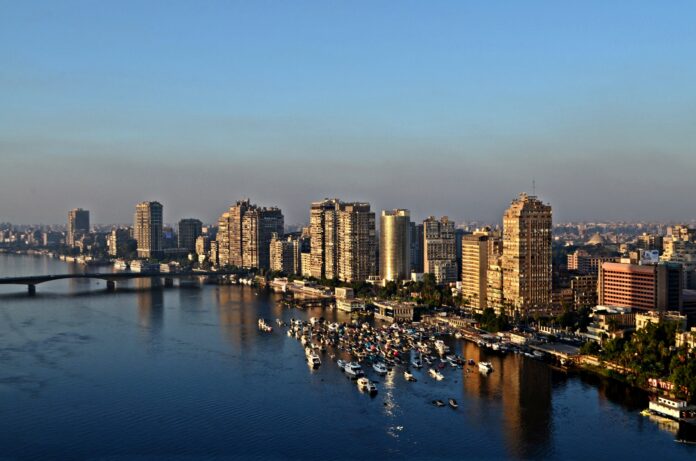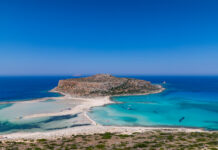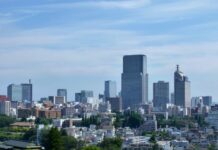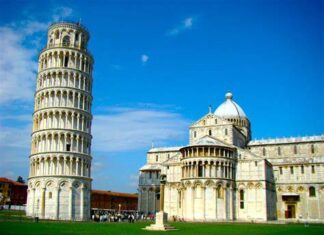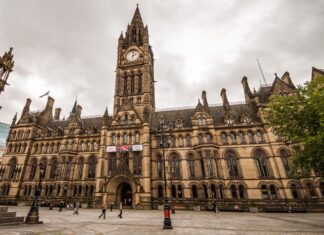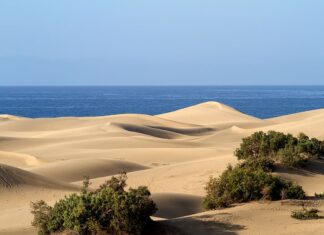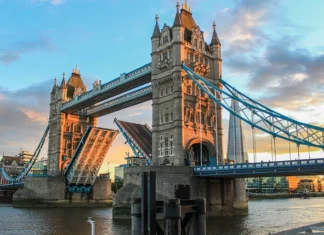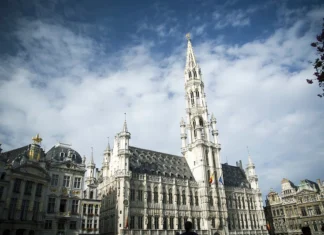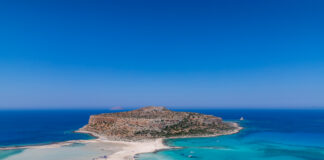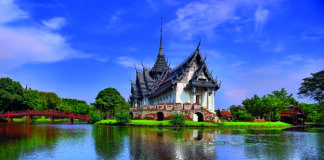Giza, a city that often plays second fiddle to its more famous neighbor Cairo, is teeming with a rich history, a vibrant culture, and delectable cuisine. Situated on the west bank of the Nile, Giza is best known for the Pyramids, one of the Seven Wonders of the Ancient World. However, there is much more to Giza than just the majestic Pyramids.
Food
Giza offers an assortment of mouthwatering Egyptian delicacies. Traditional Egyptian food is flavorful and hearty, drawing influences from Middle Eastern and Mediterranean cuisines.
- Koshari: A staple Egyptian dish, Koshari is a delightful mix of rice, lentils, macaroni, and chickpeas, topped with crispy onions and drizzled with spicy tomato sauce and vinegar. Find it at any local restaurant and devour this vegetarian delight.
- Ful Medames: This fava bean stew is typically eaten for breakfast and is considered the national dish of Egypt. Flavored with cumin, parsley, and lemon, it's a nutritious and hearty start to your day.
- Grilled Kebabs and Kofta: These are popular Egyptian dishes of grilled meat, often served with bread, rice, and salad. Abu Shakra is a famous restaurant in Giza known for its delicious kebabs and kofta.
- Egyptian Desserts: Don't forget to savor traditional sweets like Baklava, Basbousa, and Om Ali. These desserts are made with nuts, honey, and puff pastry and are incredibly delicious.

Culture
The culture of Giza is an amalgamation of ancient Egyptian traditions and modern influences. As you walk through the city, you'll feel past echoes mingling with present-day life's rhythms.
- Language and Communication: Arabic holds the status of being the official language in Egypt. While English is widely understood, especially in tourist areas, learning a few basic Arabic phrases can enrich your experience.
- Dress Code: Giza is relatively conservative. Visitors should dress modestly, especially when visiting religious sites.
- Art and Music: Egyptian art and music are integral to Giza's cultural fabric. Traditional Egyptian music combines indigenous rhythms with Arabian melodies. In Giza, you can experience live traditional music performances, especially in restaurants and cafes.
- Religious Practices: Giza, like much of Egypt, is predominantly Muslim. You will hear the call to prayer five times a day, and during Ramadan, the city's atmosphere changes with fasts and night-time feasts.
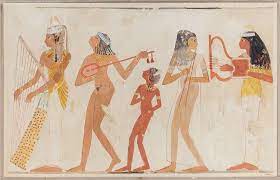
Travel Tips
Giza is a treasure trove for travelers. Here are a few tips to help you navigate the city effortlessly:
- Currency and Payment: The official currency is the Egyptian pound. Having some local currency on hand is advisable, as not all places accept credit cards.
- Transportation: While taxis are widely available, agree on the fare beforehand or ensure the meter is running. Uber and Careem are also available and are generally more reliable option.
- Climate: Giza has a desert climate. Visiting between October and April is best when the weather is cooler. It's important to keep drinking water, don a hat, and apply sunscreen for protection.
- Stay Alert: Like any tourist destination, be cautious of pickpockets and scams, especially in crowded areas.
- Respect Local Customs: Show regard for the local customs and traditions, mainly when you are at places of worship.
Interesting Facts
- Pyramids are not just in Giza: While the most famous pyramids are located in Giza, there are over 100 pyramids spread across Egypt.
- The Great Sphinx: The Sphinx, with the body of a lion and the head of a human, is one of the oldest and most significant monuments in the world, yet its original purpose remains a mystery.
- The Great Pyramid Alignment: The three pyramids of Giza are aligned with the stars in the belt of Orion, and the Great Pyramid was originally covered in polished limestone to reflect the sun's light.
- University Education: Giza is home to Cairo University, one of the Middle East's oldest and most prestigious universities.
Top Places
- The Great Pyramid of Giza: The last standing ancient wonder of the world, this pyramid is a must-visit. It was built as a tomb for the Pharaoh Khufu.
- The Sphinx and the Pyramids of Khafre and Menkaure: Remember the other pyramids and the mysterious Sphinx, which are part of the Giza pyramid complex.
- Solar Boat Museum: Located near the Great Pyramid, this museum houses the reconstructed Khufu solar ship, which is believed to have been meant to carry the pharaoh into the afterlife.
- Cairo University: Visit this prestigious institution and marvel at its architectural beauty.
- The Nile River: Take a traditional Felucca boat ride on the Nile River and enjoy the scenic beauty of Giza.
- Horse and Camel Rides: Many vendors offer horse and camel rides around the pyramids, an exciting way to explore the area.
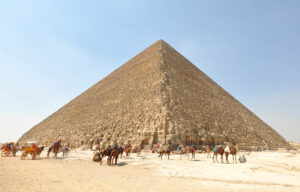
Giza is a city that has much to offer. From its iconic pyramids and rich history to its delectable cuisine and vibrant culture, Giza is a destination that promises an unforgettable experience. Be sure to take in all the sights and immerse yourself in the local culture.

